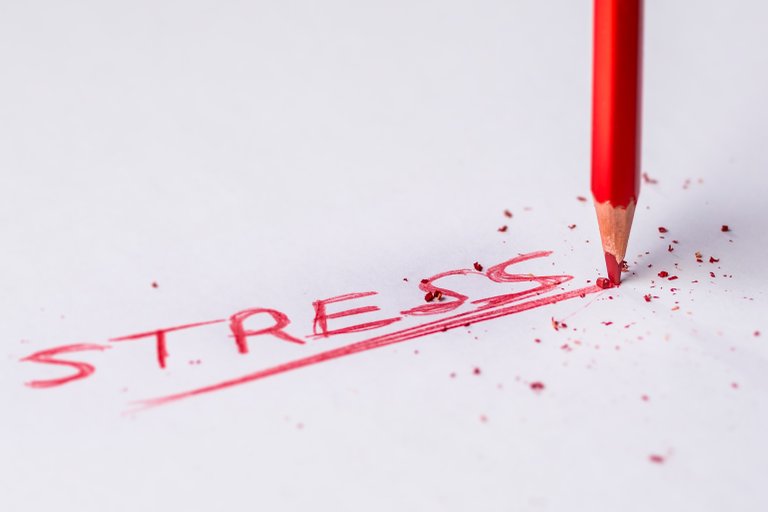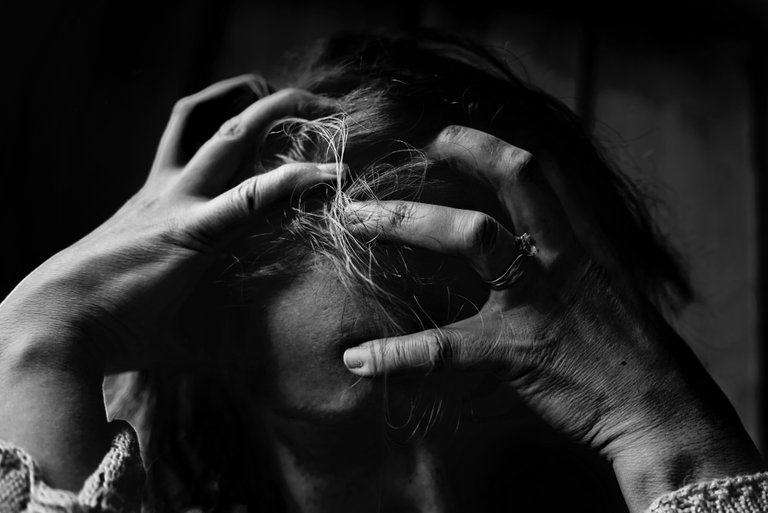Stress is a part of our lives and there’s no getting around it. But as much as we all live with it, many of us misunderstand some of the basics about stress and its role in our lives. Why does this matter?
Stress has been indicted in many research studies in exacerbating very real physical illnesses — everything from heart disease to Alzheimer’s disease. Reducing stress can not only help you feel better but also live a longer, disease-free life.

Here I want to present you 6 myths about the stress you probably did not know. Let'sgo !!!!!!!
Myth 1: Stress is the same for everybody.
Stress is not the same for everybody, nor does everyone experiences stress in the same way. Stress is different for each and every one of us. What is stressful for one person may or may not be stressful for another; each of us responds to stress in an entirely different way.
For instance, some people may get stressed out paying the monthly bills every month, while for others such a task isn’t stressful at all. Some get stressed out by high pressure at work, while others may thrive on it.
Myth 2: Stress is always bad for you.
According to this view, zero stress makes us happy and healthy. But this is wrong — stress is to the human condition what tension is to the violin string: too little and the music is dull and raspy; too much and the music is shrill or the string snaps.
Stress in and of itself is not bad (especially in small amounts). So while stress can be the kiss of death or the spice of life, the key is to understand how best to manage it. Managing stress makes us productive and happy, while mismanaging it may hurt us and cause us to fail or become even more stressed.

Myth 3: Stress is everywhere, so you can’t do anything about it.
So is the possibility of getting into an automobile accident every time we get into our cars, but we don’t allow that to stop us from driving.
You can plan your life so that stress does not overwhelm you. Effective planning involves setting priorities and working on simple problems first, solving them, and then going on to more complex difficulties.
When stress is mismanaged, it’s difficult to prioritize. All your problems seem to be equal and stress seems to be everywhere.
Myth 4: The most popular techniques for reducing stress are the best ones.
No universally effective stress reduction techniques exist (although many magazine articles and pop psychology articles claim to know them!).

We are all different — our lives are different, our situations are different, and our reactions are different. A comprehensive stress management program tailored to the individual works best. But self-help books that can teach you many of the successful stress management techniques can also be of great help, as long as you stick to the program and practice the techniques daily.
Myth 5: No symptoms, no stress.
An absence of symptoms does not mean the absence of stress. In fact, camouflaging symptoms with medication may deprive you of the signals you need for reducing the strain on your physiological and psychological systems.
Many of us experience symptoms of stress in a very physical way, even though stress is a psychological effect. Feeling anxious, shortness of breath, or simply feeling run down all the time can all be physical signs of stress. Feeling overwhelmed, disorganized and having difficulty concentrating are common mental signs of stress.
Myth 6: Only major symptoms of stress require attention.
This myth assumes that the “minor” symptoms, such as headaches or stomach acid, may be safely ignored. Minor symptoms of stress are the early warnings that your life is getting out of hand and that you need to do a better job of managing stress.

If you wait until you start feeling the “major” symptoms of stress (such as a heart attack), it may be too late. Those early warning signs are best listened to earlier rather than later. A change in lifestyle (such as exercising more) to deal with those early warning signs will be far less costly (in time and economics) than dealing with the effects of not listening to them.
Congratulations @dreamerfrost! You have completed the following achievement on the Steem blockchain and have been rewarded with new badge(s) :
Click on the badge to view your Board of Honor.
If you no longer want to receive notifications, reply to this comment with the word
STOPDo not miss the last post from @steemitboard:
Hi! I am a robot. I just upvoted you! I found similar content that readers might be interested in:
https://psychcentral.com/lib/six-myths-about-stress/